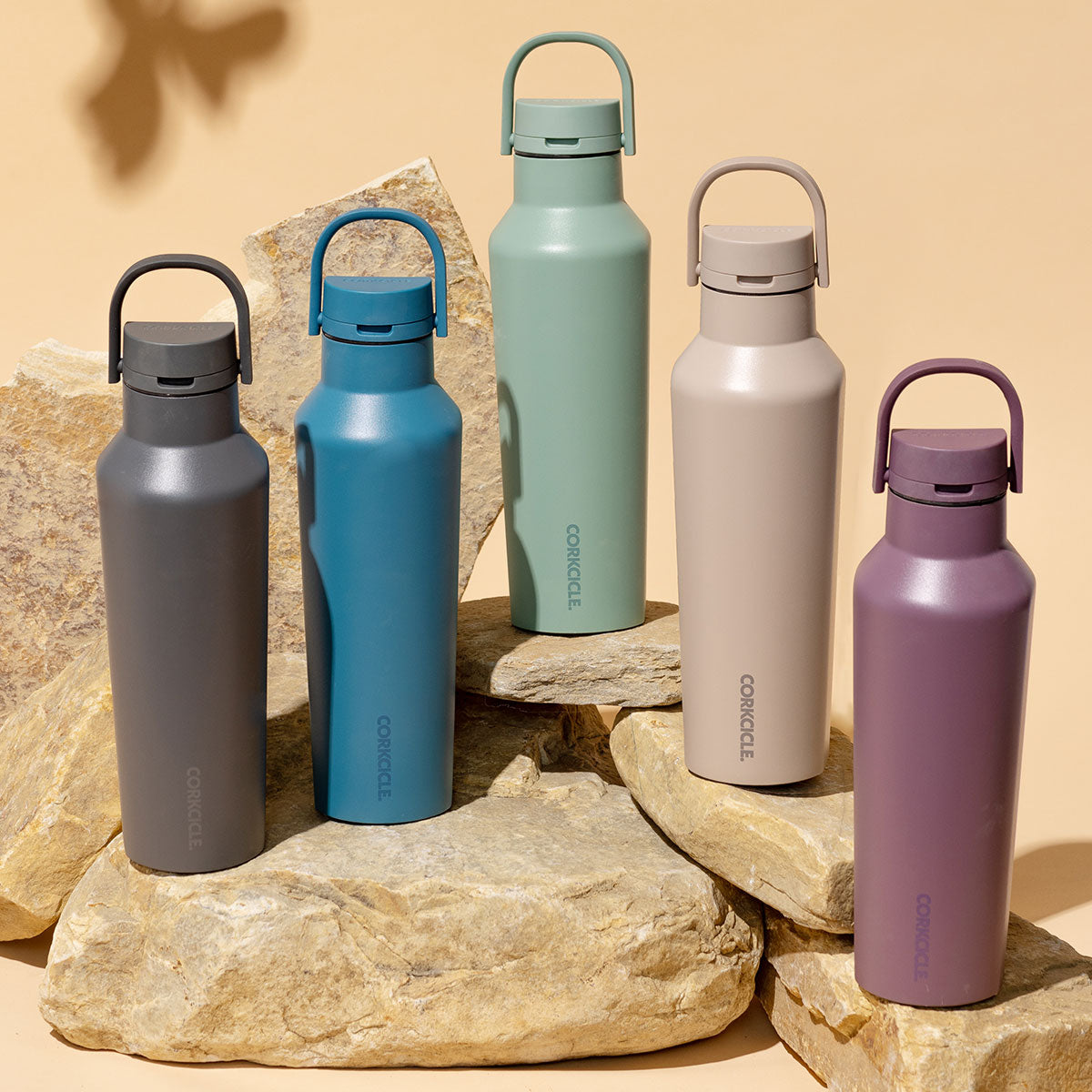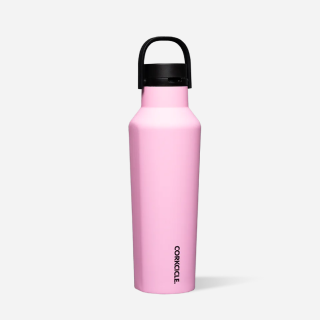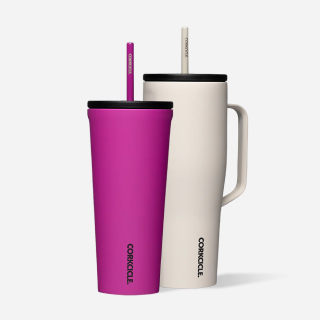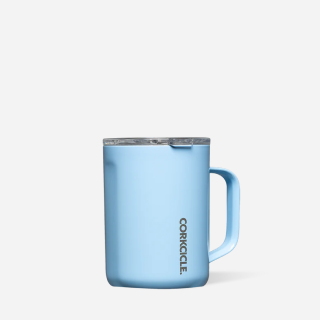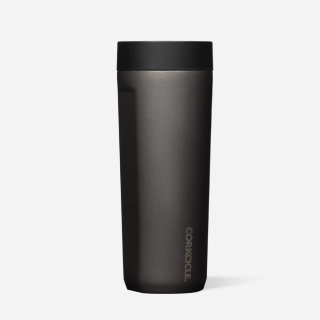Hydration isn't just a matter of quenching your thirst after a tough workout; it's an integral part of your recovery process. Every drop of water you drink plays a pivotal role in helping your body bounce back from the exertions of exercise. As you embark on your fitness journey, understanding the essence of post-workout hydration will equip you with the knowledge to optimize your recovery and enhance your performance.
Beyond merely replenishing lost fluids, the right hydration practices can significantly impact muscle repair, nutrient absorption, and overall bodily functions. This deep dive into the science and art of hydration aims to demystify the process, providing you with actionable insights and strategies to harness the full power of hydration in your post-workout regimen.
Post-Workout Hydration and Recovery
The journey to hydration and muscle recovery begins the moment you end your workout. Replenishing the fluids lost through sweat is crucial. The post-exercise phase is when your body starts repairing the micro-tears in your muscles caused by intense physical activity. Proper hydration accelerates this process, providing your cells with the necessary environment to facilitate repair and growth.
Understanding the Role of Hydration in Muscle Recovery
Hydration plays a crucial role in muscle recuperation by aiding in various processes essential for post-workout recovery:
- Muscular Repair: Proper hydration is vital for muscle repair and growth. Dehydration can slow down the protein synthesis process that rebuilds muscles, delaying recovery after a workout. Keeping a water canteen at your side ensures you have the necessary fluid intake to kickstart muscle repair.
- Digestion: Water is essential for efficient digestion and absorption of nutrients. Rehydrating properly post-workout enhances the digestive process, aiding in the recovery phase.
- Reduced Fatigue: Dehydration can lead to fatigue, hindering both recovery and motivation for subsequent workouts. Maintaining proper hydration levels is crucial to prevent fatigue and support optimal recovery.
- Heart Rate Recovery: Hydration significantly impacts heart rate recovery after exercise. Studies have shown that individuals who hydrate properly exhibit faster heart rate recovery, indicating quicker recovery from the stress of exercise.
Indeed, maintaining a balance of fluids and electrolytes through proper hydration is essential for muscle function, recovery, and overall health. Adequate hydration not only aids in muscle repair but also ensures that every part of the body functions seamlessly post-exercise, emphasizing the importance of hydration in the recovery process.

Key Benefits of Post-Workout Hydration
Unveiling the key benefits of post-workout hydration not only highlights its essential role in physical recovery but also underscores its profound impact on overall athletic performance and well-being. Each sip of water carries with it the potential to dramatically accelerate muscle repair, reduce recovery time, and enhance the body's absorption of vital nutrients.
Accelerates Muscle Repair and Growth
Water is the medium through which essential nutrients are transported to your muscles for repair and growth. By staying adequately hydrated, you ensure a steady supply of these nutrients, speeding up muscle recovery and growth. This is where the magic of hydration unfolds, transforming your post-workout regimen into a catalyst for muscle development. A 40 oz tumbler, for instance, is an excellent way to keep yourself hydrated and aid in this transformative phase of muscle development.
Reduces Fatigue and Speeds Up Recovery Time
Dehydration can significantly impact your recovery time by increasing fatigue and prolonging muscle soreness. By ensuring you’re well-hydrated, you help your body to efficiently manage and reduce the effects of workout-induced stress, allowing for quicker recovery and readiness for your next session.
Enhances Nutrient Absorption
Hydration facilitates the digestive process, enhancing the body’s ability to absorb essential post-workout nutrients from your diet. This efficient nutrient absorption is key to a successful recovery process, as it ensures your muscles receive the building blocks they need to repair and grow stronger.
How Much Water Should You Drink After Exercising?
Determining your post-workout hydration needs is not a one-size-fits-all scenario. Various factors including the intensity of your workout, the environment, and your sweat rate influence how much water you should consume to adequately replenish lost fluids.
Calculating Your Post-Workout Hydration Needs
A practical approach to calculating your hydration needs involves a little preparation before and after your exercise routine. Start by weighing yourself pre-workout and then again post-workout. Aim to drink 5-10 milliliters per kilogram of body weight (2-4 mL/lb) in the two to four hours before training or competition. This is where workout water bottles come into play. Opting for a durable water bottle, or even a workout water jug, can be a game-changer.
These bottles not only ensure you're drinking high-quality, BPA-free water but also help you stay ahead of your hydration needs. The convenience of having a stylish, easy-to-carry bottle encourages more frequent sips, ensuring you meet your hydration goals effortlessly and avoid fluid loss.
Signs of Adequate Hydration vs. Dehydration
Knowing the difference between being well-hydrated and dehydrated can help you adjust your fluid intake to maintain optimal health. Signs of proper hydration include light-colored urine and consistent urination frequency. On the other hand, dehydration can manifest through symptoms such as dark-colored urine, thirst, dry mouth, fatigue, and dizziness. You might also wake up thirsty at night despite having drank water shortly before bed. Monitoring these signs will help you gauge whether you're drinking enough water or if you need to increase your intake.
Incorporating a quality workout water bottle into your fitness regime is a simple yet effective strategy to ensure you're adequately hydrated. By understanding and responding to your body's needs while taking advantage of the benefits of reusable water bottles, you can enhance your recovery, performance, and overall well-being.

Optimal Hydration Strategies for Effective Recovery
Navigating the path to effective recovery transcends mere water consumption; it demands a strategic approach to hydration that aligns with your body's unique needs post-exercise. Implementing optimal hydration strategies ensures that every sip contributes towards replenishing lost fluids, restoring electrolyte balance, and preparing your body for its next challenge. Let’s look into some essential tactics for maximizing the benefits of hydration, guiding you toward a quicker, more efficient recovery.
Timing Your Hydration for Maximum Benefit
The timing of your hydration plays a pivotal role in maximizing recovery and enhancing performance. Drinking water throughout the day is fundamental, but focusing on pre-hydration (drinking water before your workout) and rehydration (immediately after exercise) can significantly impact your recovery process. A sports sling bag proves invaluable in keeping your hydration source conveniently by your side, ensuring you never miss an opportunity to sip, whether before, during, or after your workout.
Electrolyte Replenishment: Why It Matters
Water is vital, but it's not the only player in the hydration game. Electrolytes, such as sodium, potassium, and magnesium, lost through sweat need replenishing to maintain fluid balance, support nerve function, and prevent muscle cramps. Incorporating an electrolyte-rich drink or supplement after your workout can restore this balance, aiding in quicker, more effective recovery.
Incorporating Hydrating Foods into Your Recovery Plan
Hydration doesn’t only come from what you drink; it’s also about what you eat. Foods with high water content, like cucumbers, watermelons, strawberries, and oranges, can boost your hydration levels. Adding these hydrating foods to your post-workout meal not only helps replenish lost fluids but also provides your body with essential vitamins and minerals, supporting overall recovery. Consider packing an insulated lunchbox with your favorite post-workout snacks to refuel on your way back from your workout.
Choosing the Right Hydration Tools for Your Workout
The tools you choose to stay hydrated can make all the difference in keeping you consistent with your water intake. Products like sport canteens and sport water jugs offer durability and convenience, ensuring that you have access to water without any hassle. These tools are designed to keep your water cold for extended periods, making your hydration experience both efficient and enjoyable.
Elevating Your Recovery with Strategic Hydration
Mastering the art of hydration is a cornerstone of effective recovery and peak performance. Remember, strategic hydration is your ally on the journey to achieving your fitness goals, supporting your body's healing process, and unlocking your true potential. Drink wisely, recover swiftly, and conquer your workouts with renewed vigor.
Sources:
1. Influence of fluid ingestion on heart rate, cardiac autonomic modulation and blood pressure in response to physical exercise: A systematic review with meta-analysis and meta-regression.
By Silva Sobrinho, A. C. da, Gomes, R. L., Gonzaga, L. A., Rodrigues, G. da S., Vanderlei, L. C. M., Garner, D. M., & Valenti, V. E. Container: Nutrients Year: 2023 URL: https://doi.org/10.3390/nu15214534
2. Athletes' hydration needs before, during and after exercise - Human Kinetics Blog
By Human Kinetics Container: Human Kinetics Blog Year: 2021 URL: https://humankinetics.me/2021/07/22/athletes-hydration-needs-before-during-and-after-exercise/
